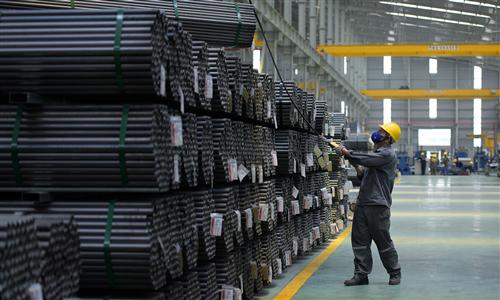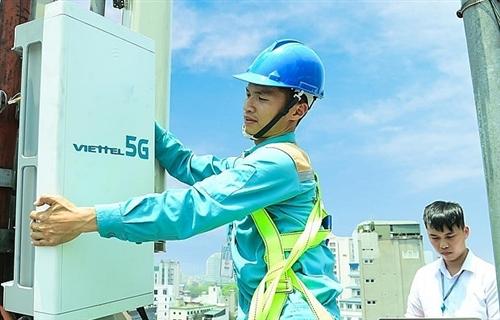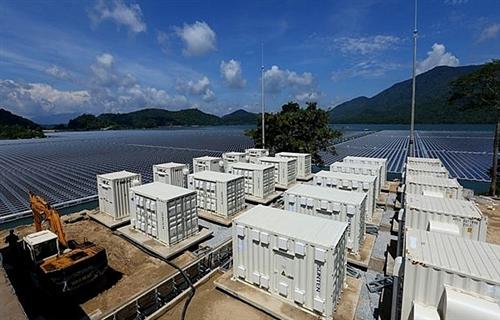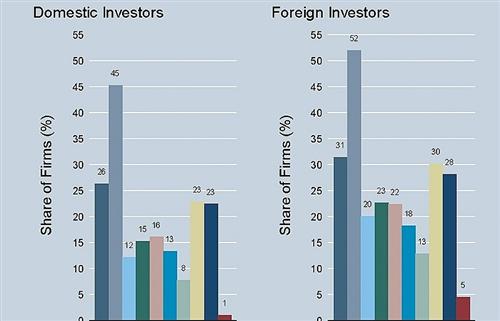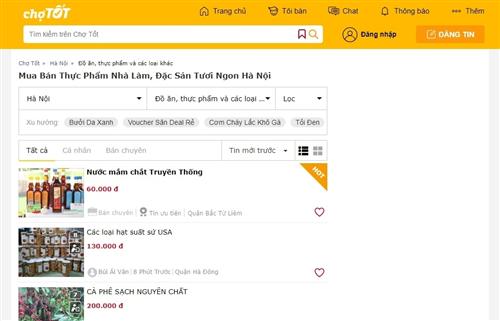Transforming factories of the future
Transforming factories of the future
The smart manufacturing market is expected to grow rapidly by 2030, promising significant profit margins for factories and warehouses utilising 5G technology. Denis Brunetti, president of Ericsson Vietnam, Myanmar, Cambodia, and Laos, looks into learnings from manufacturers such as Scania, highlighting the potential to reshape the factories of the future, particularly in Vietnam.
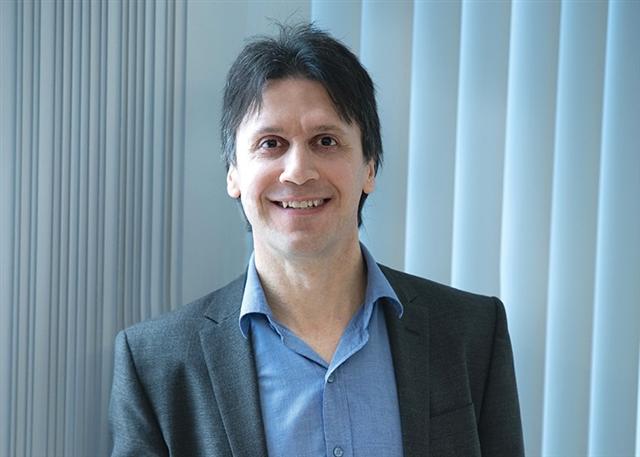
Denis Brunetti, president of Ericsson Vietnam, Myanmar, Cambodia, and Laos
|
Sweden’s world-leading provider of transportation solutions, Scania, is currently testing mobile connectivity to connect devices that previously used cables or Wi-Fi connections to streamline factory operations and improve productivity. In the lab, Scania is currently testing wireless mobile connectivity with Ericsson using a dedicated 5G-ready private mobile network.
The truck producer has identified potential improvements in its production, such as streamlining networks with 4G and 5G technology that can address the full range of use cases from massive to critical applications.
As such, less hardware is required to cover the same factory area compared to the existing wireless networks such as Wi-Fi. Scania has also found that mobile connectivity is also reliable for factory floor applications such as sensor monitoring and communication with automated guided vehicles.
By removing cables for devices like hand tools, flexible production increases and many tasks are managed via software. As a result, maintenance costs are lower since cables do not need to be relocated, and there is less wear and tear on cables that move as part of their daily function.
In addition, savings on hardware costs can be made as hundreds of control boxes are removed and instead virtualised and centralised. It is also easy to add and remove sensors and equipment, resulting in greater flexibility to set-up efficient automation and logistics.
Reliability and security
Reliability means that connected devices stay connected. If an autonomous forklift needs to connect to the warehouse management system to get its next instruction, losing connectivity will cause a delay, sapping productivity.
Security is a requirement because industrial companies need to protect their intellectual property and customer data. They also need to protect their connected devices from being hacked. The advantage of wireless technology is that it eliminates the need for costly wiring and cabling. Ericsson’s US factory is another great example of how our next-generation technology is changing the future of manufacturing for the better.
As a global company, we have gained insights from testing and applying 5G technology for industries, and we are now bringing those learnings into our own factories, which will benefit the whole ecosystem. This 5G smart factory will be one of the most advanced manufacturing facilities in the industry when it is fully operational later this year.
Ericsson’s fast and secure 5G connectivity will enable agile operations and flexible production, by utilising industrial solutions such as automated warehouses, connected logistics, automated assembly, packing, product handling, and autonomous carts.
The new 5G smart factory complements Ericsson’s global supply strategy, which ensures that the company is working closely with its customers through its American, European, and Asian operations, securing fast and agile deliveries to meet customer requirements.
Accelerating Industry 4.0 in Vietnam
Vietnam’s manufacturing sector is experiencing an industrial revolution to further improve productivity and to sustainably drive the next wave of socio-economic development and growth, enabled by 5G and the Internet of Things (IoT).
Ericsson fully supports the Vietnamese government’s vision and strategic leadership in accelerating the adoption of Industry 4.0 across Vietnam.
Ericsson is working with Vietnam’s mobile network operators to expand 4G IoT capabilities across the country, as well as preparing for future 5G capabilities and the broader IoT ecosystem.
Our strategic partnership within the IT industry in Vietnam aims to accelerate the adoption of Industry 4.0, digitally transforming industries, including manufacturing, agriculture, transport, and energy.
Through our mobile network technology and innovations, Ericsson supports and promotes the government’s vision of leveraging science, technology, and innovation to drive the next wave of socio-economic development in Vietnam.









